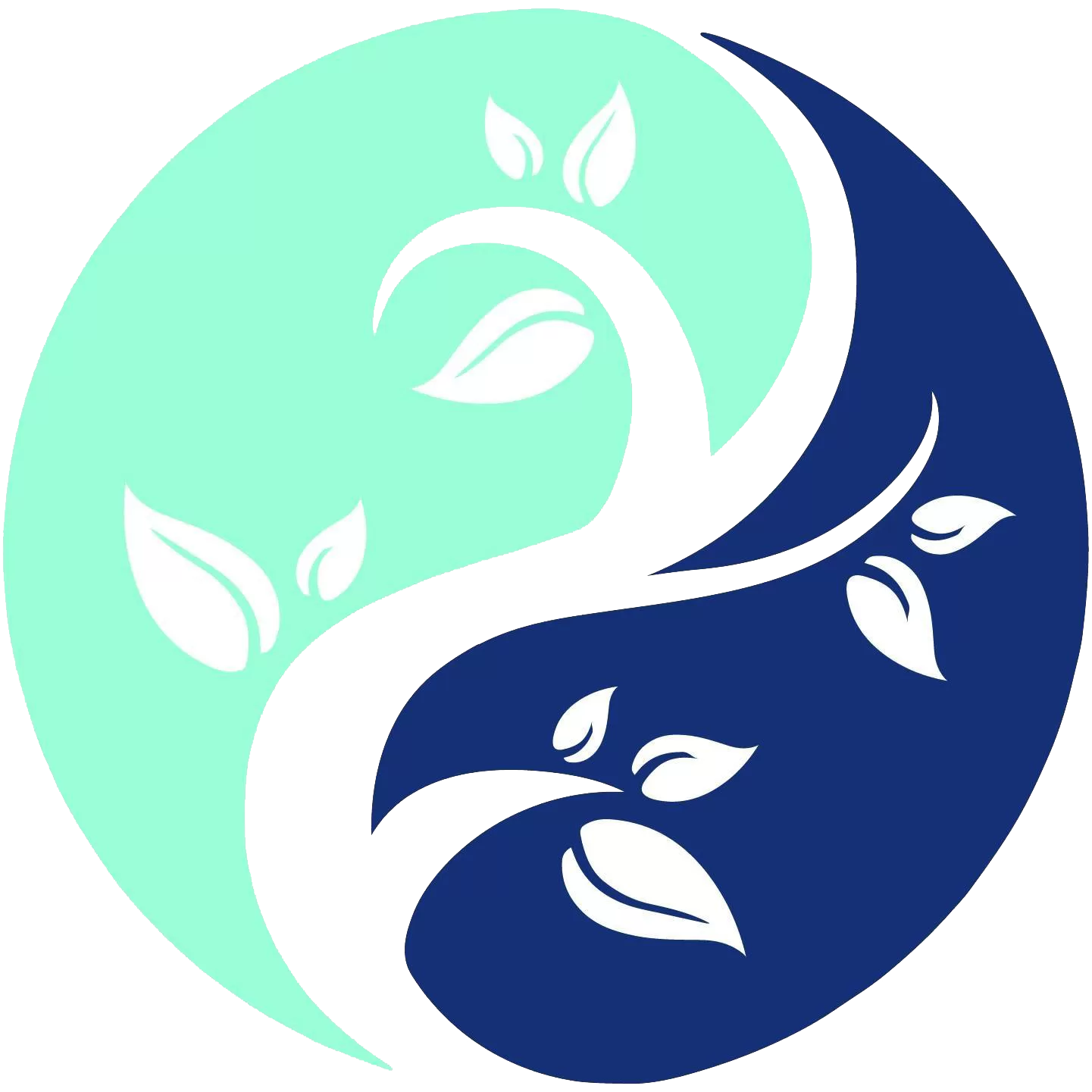Hypertension, or high blood pressure, affects more than one in three Americans, but most people may not even know they have it. Since hypertension can lead to heart attacks and other life-threatening health problems, it’s very important to learn all you can and take action to lower your risk.
Acupuncture and Traditional Chinese Medicine (TCM) offer a safe, natural, and pain-free way to keep your blood pressure in check.
What is hypertension?
Blood pressure is the actual force of blood flowing against your artery walls. Getting your blood pressure tested is a quick, simple process. It’s measured in two numbers: systolic pressure and diastolic pressure. Blood pressure is considered high if your systolic pressure is at or above 140 mm Hg, and/or your diastolic pressure is at or above 90 mm Hg.
Often called “the silent killer,” hypertension doesn’t usually cause symptoms until it gets severe enough to lead to major health problems such as heart failure, stroke, kidney disease, blindness, and metabolic disorders. It has also been linked to dementia and cognitive impairment.
Self-care for lowering blood pressure. Consider these self-care techniques:
- Get daily aerobic exercise.
- Add Tai-Chi and Qi-Gong to your workout.
- Meditate or sapend time alone to reduce stress.
- Practice slow, deep breathing.
Get plenty of rest.
- Reduce the amount of fat and salt in your diet and increase your intake of fresh fruits and vegetables.
- Avoid smoking, alcohol, coffee, and spicy foods.
What causes hypertension?
More than 90% of cases of high blood pressure are known as “essential hypertension” and have no identifiable cause. “Secondary hypertension,” on the other hand, is caused by underlying conditions such as kidney disease or certain medications.
The risk factors for essential hypertension include age (the risk is higher after age 35), race (African Americans are at higher risk), and a family history of the condition. While you can’t control those factors, there are many you can control, including:
- Being overweight
- Being stressed
- Consuming too much salt
- Drinking heavily
- Not exercising
- Using tobacco
How can acupuncture and TCM help?
Fortunately, there are many ways to lower your blood pressure. Typical Western treatments includes controlling your risk factors and taking medication if needed. By incorporating acupuncture and TCM into your treatment plan, you can treat your hypertension and improve your overall health and well-being.
Acupuncture and TCM practitioners take a holistic, or “whole body,” approach for the treatment of hypertension, and take into account inharmonious conditions of the whole system than can involve the function of the liver, kidneys, digestive system and heart.
Treatment is based upon the idea of Qi (pronounced “chee”), the vital energy that flows through pathways called meridians, providing nourishment for all of the body’s organs and protecting it from illness. When the flow of Qi becomes diminished or blocked, disease and illness result.
The goal of treatment is to find and address the underlying imbalance(s) affecting the flow of Qi, leading to the elevated blood pressure and various symptoms. By addressing the root cause of your high blood pressure, TCM can help your body regain its natural balance. In doing so, you’ll also be strengthening your health and reducing the risk of future health conditions.
Acupuncture and TCM have proven effective against a wide variety of health concerns. Studies have found that a special form of acupuncture called electro-acupuncture, which uses electrical stimulation, may be particularly helpful in lowering blood pressure. By working together with your practitioner, you’ll be on your way to successfully treating your hypertension and improving your health, for today and the days ahead. Similar to healthy eating and regular exercise, consistent acupuncture treatments should be considered for the greatest long-term results.
References:
High Blood Pressure. American Heart Association. March 20, 2008. Link
High Blood Pressure. MayoClinic.com. June 5, 2007. Link
Hypertension. Acupuncture.com. Accessed April 20, 2008. Link
Williams T; Mueller K; Cornwall MW. Effect of acupuncture-point stimulation on diastolic blood pressure in hypertensive subjects. Physical Therapy. 1991 Jul, 71(7):523-9.
Wood, Shelley. Blood Pressure Changes with Acupuncture Comparable to Those with ACE Inhibitor Monotherapy. Medscape, Medical News. 2007, June, 15.
 Burlington Acupuncture431 Pine Street, ST G15
Burlington Acupuncture431 Pine Street, ST G15

